READING (EAST/WEST) 閱讀 (東西)
The Emptiness of Emptiness 空亦復空
Posted December 28, 2021
________________________________________
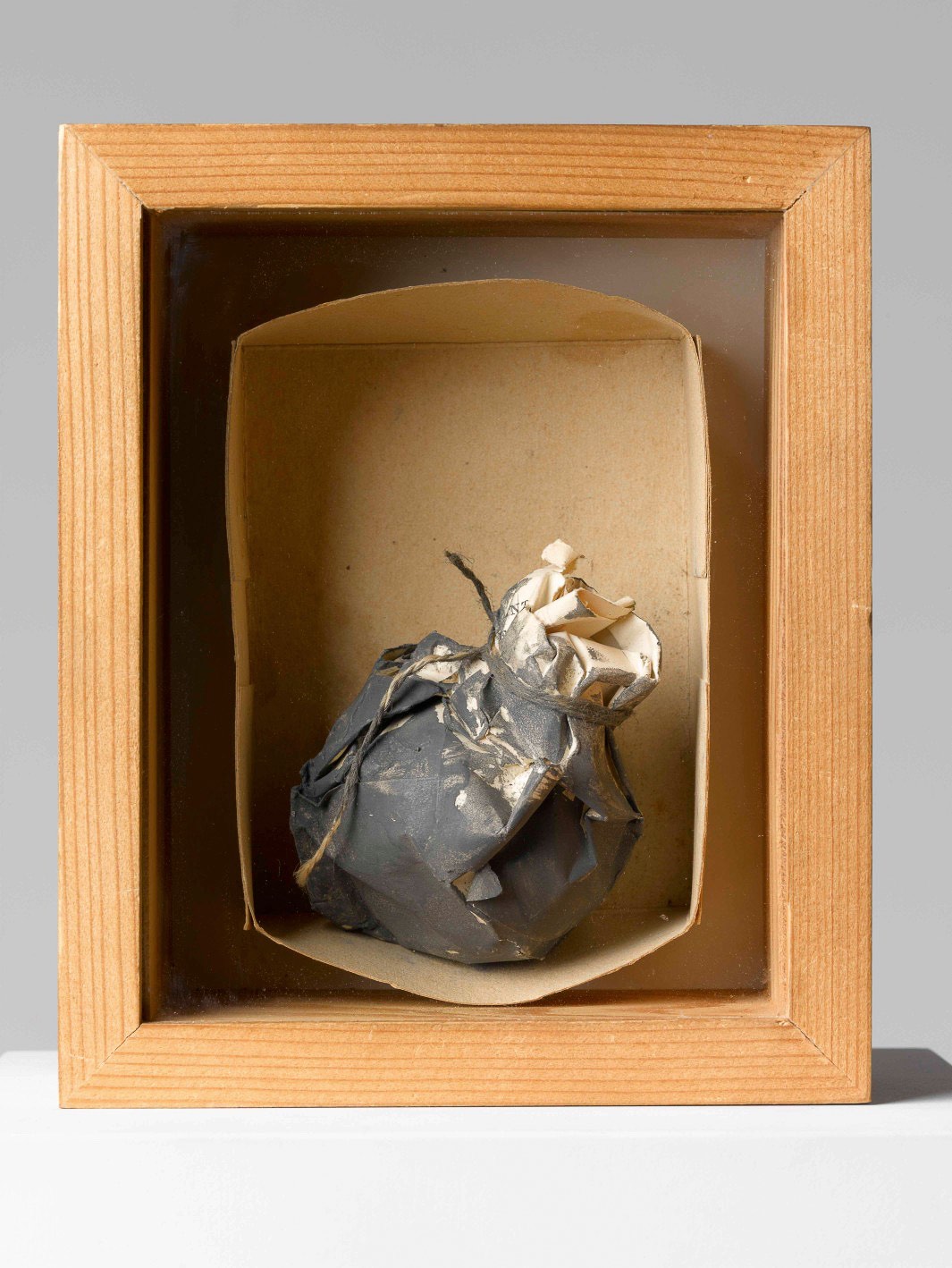
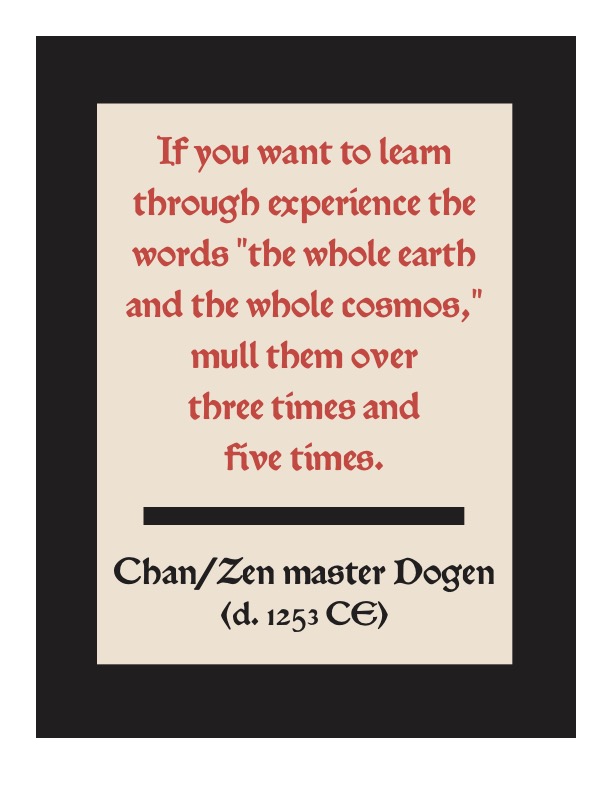
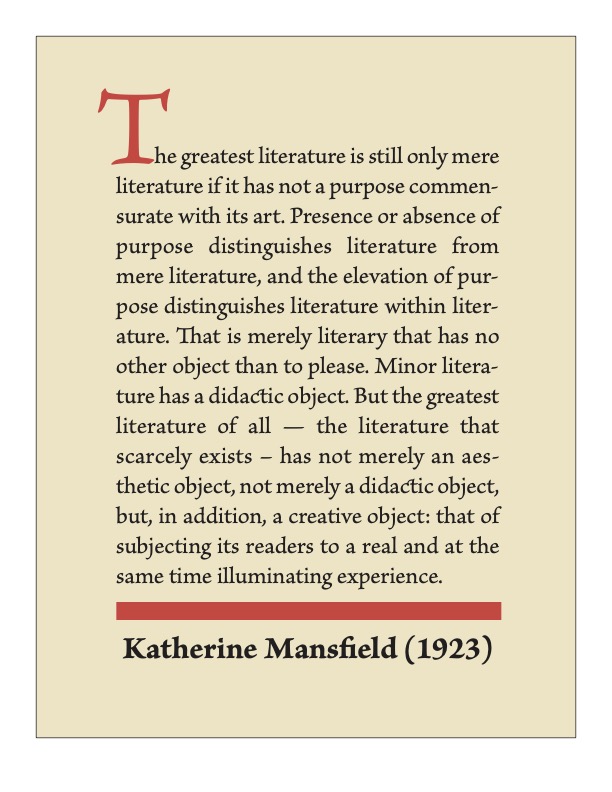
________________________________________
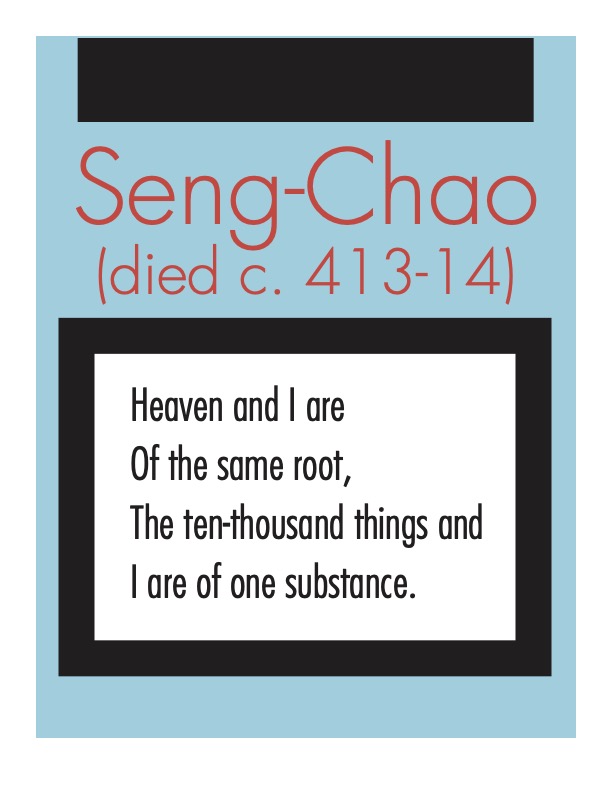
________________________________________

________________________________________

________________________________________
Whoever cannot seek the unforseen sees nothing, for the known way is an impasse.
— Heraclitus (c. 535-475 BCE)
_________________________________________

________________________________________

________________________________________
Preventing “Alien” Invasion
McGill Newsroom,
2 December 2021
The search of life beyond our world is an exciting venture that may yield an enormous discovery in the not-too-distant future.
…
In the face of increasing space missions, including those intended to return samples to Earth, a new article led by a McGill University researcher advocates enhancing planetary biosecurity through collaborations between astrobiologists and invasion biologists.
…
Space missions to Mars and other planets and moons carry risks of biological contamination – for both Earth and the planets targeted by space missions according to a recent article in Bioscience. The paper, argues that planetary biosecurity should be informed by the knowledge gained by invasion science. “The likelihood of a live extraterrestrial organism hitching a ride, being successfully transplanted to Earth and establishing a foothold here is thought to be quite small,” says Anthony Ricciardi of Invasion Ecology & Aquatic Ecosystems at McGill University. “But current biodiversity approaches must be enhanced to address these hazards as space missions increase in frequency and scale.”
________________________________________
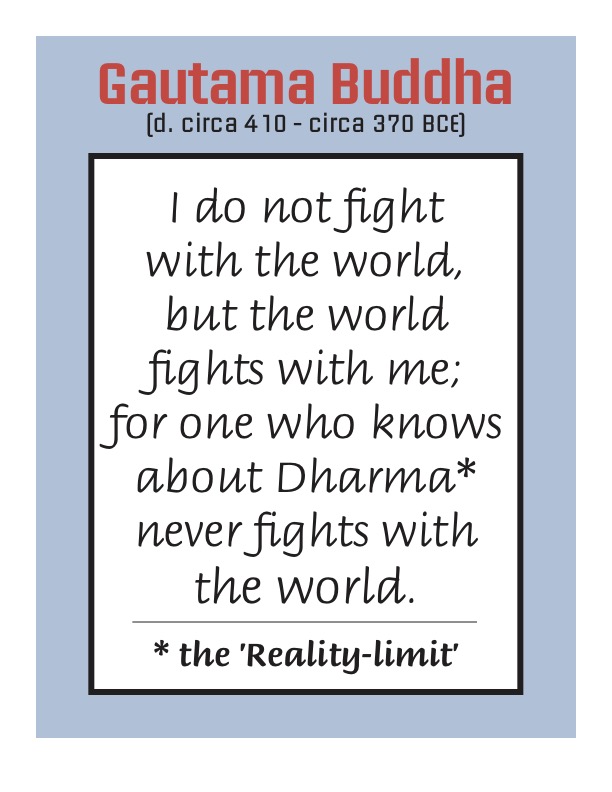
________________________________________
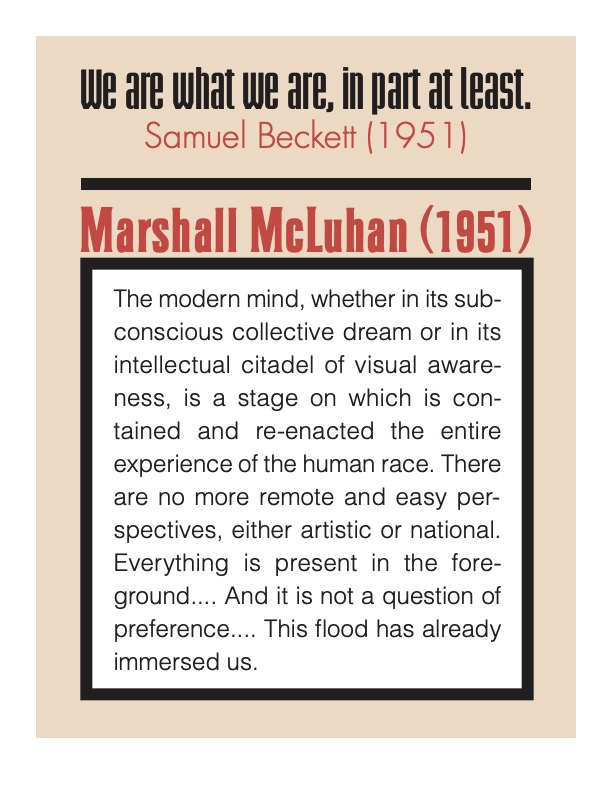
________________________________________
Edward Conze
(1961)
The Large Sutra on Perfect Wisdom [1st century BCE] mentions the ‘emptiness of emptiness’, which is defined by saying that ‘the emptiness of all dharmas [phenomena] is empty of that emptiness’. If truth cannot be found in ‘it is’, or ‘it is not’, but in the middle between them, what is the use of any assertion or negation? How can one insist on anything at all, or claim to know anything definite? The destruction of all opinions also includes the opinion which proclaims the emptiness of everything.
…
When ‘emptiness’ is treated as a philosophical concept by untutored intellects which have no wisdom, it causes much bewilderment and remains barren of spiritual fruits. All that it is then good for is to produce futile assertions of the type ‘emptiness is not nothingness’, and so on. As soon, however, as the spiritual intention behind this doctrine is considered, everything becomes perfectly clear. The aim is to reveal the Infinite by removing that which obscures it. The finite, one-sided partial nature of affirmative propositions is rejected not in order then to be replaced with just another proposition (affirmative in effect, though negative in its grammatical form), but with an eye to transcending and eliminating all affirmation, which is but a hidden form of self-assertion. The Void is brought in not for its own sake, but as a method which leads to the penetration into true reality. It opens the way to a direct approach to the true nature of things (dharmāta) by removing all adherence to words, which always detract or abstract from reality instead of disclosing it. Emptiness is not a theory, but a ladder which reaches out into the infinite, and which should be climbed, not discussed. It is not taught to make a theory, but to get rid of theories all together. Its traditional use is to express wisdom’s negation of the world. All that it aims at is the complete emancipation from the world around us in all its aspects. As a severely practical concept it describes the attitude of non-assertion which alone can assure lasting peace. Thus it embodies an aspiration, not a view. Its only use is to help us to get rid of this world and of the ignorance that binds us to it. As a medicine, it is of use only as long as we are ill, but not when we are well again.
________________________________________
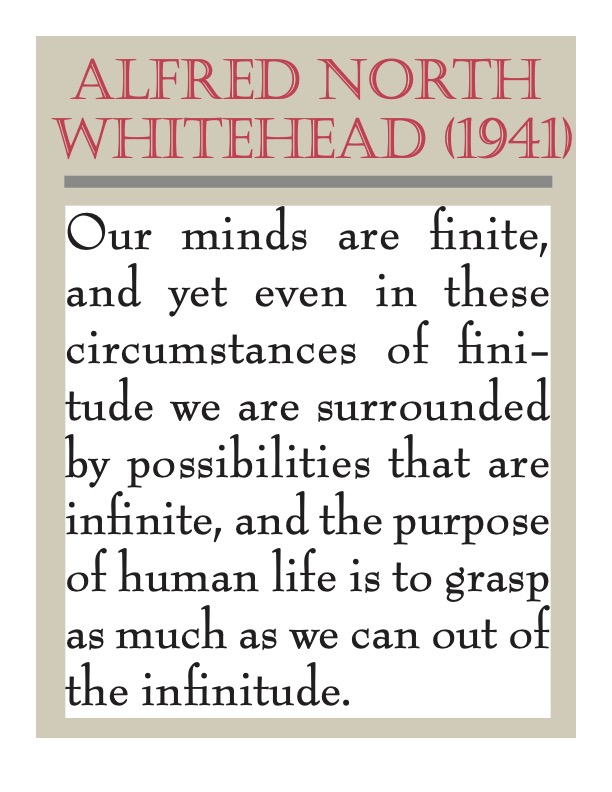
________________________________________
Mazu Daoyi
(d. 788 CE)
Buddhas are capable of authoritative personhood (ren). Having realized kind wisdom and the excellent nature of opportunities and dangers, you can break through the net of doubts snaring all sentient beings. Departure from “is” and “is not” and other such bondages….leaping over quantity and calculation, you will be without obstruction in whatever you do. When your situation and its pattern are penetrated [your actions] are like the sky giving rise to clouds; suddenly they exist, and then they don’t. Not leaving behind any obstructing traces, they are like phrases written on water.
________________________________________

” … ‘Gone altogether Beyond’ …”. Image (digital original): M. Cynog-Evans.●
The complex of existence exceeds mentation’s compass. Emptiness of purpose does not imply contempt for society, rather assumes that each person whether he knows it or not is noble, is able to experience gifts with generosity, that society is best anarchic.
— John Cage (1960)
________________________________________
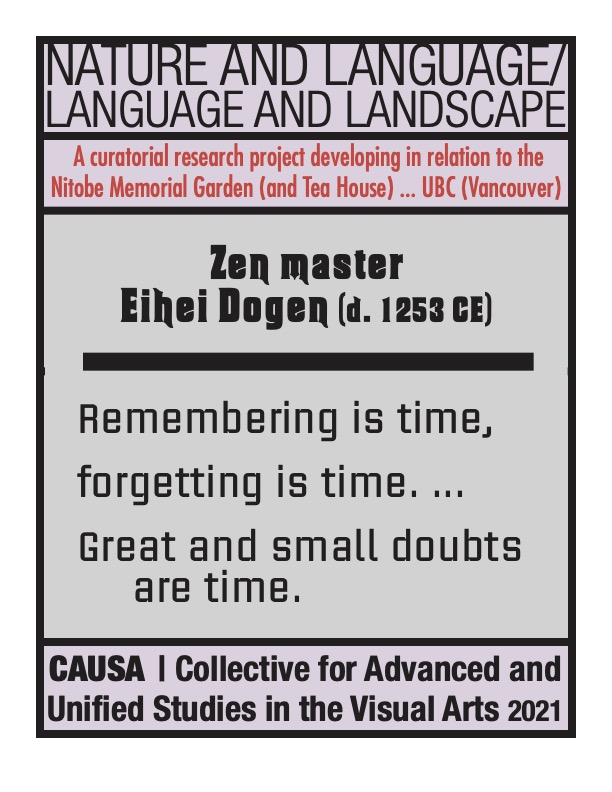
________________________________________
________________________________________